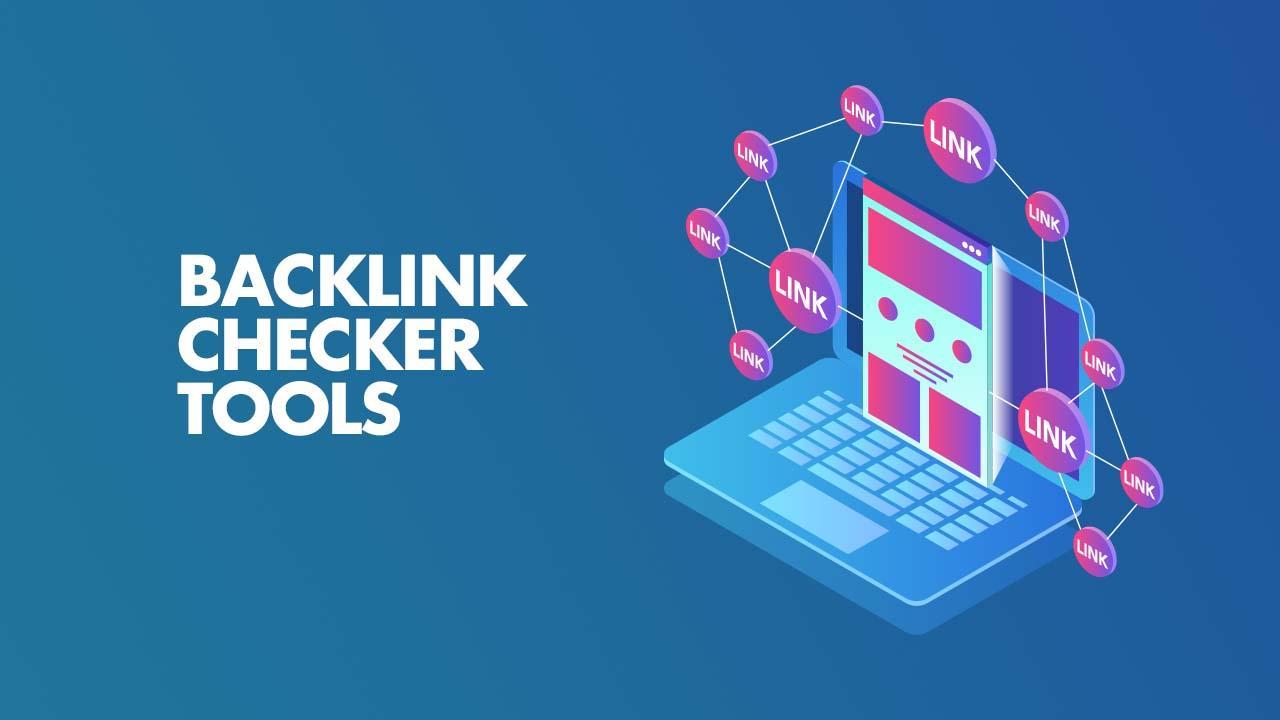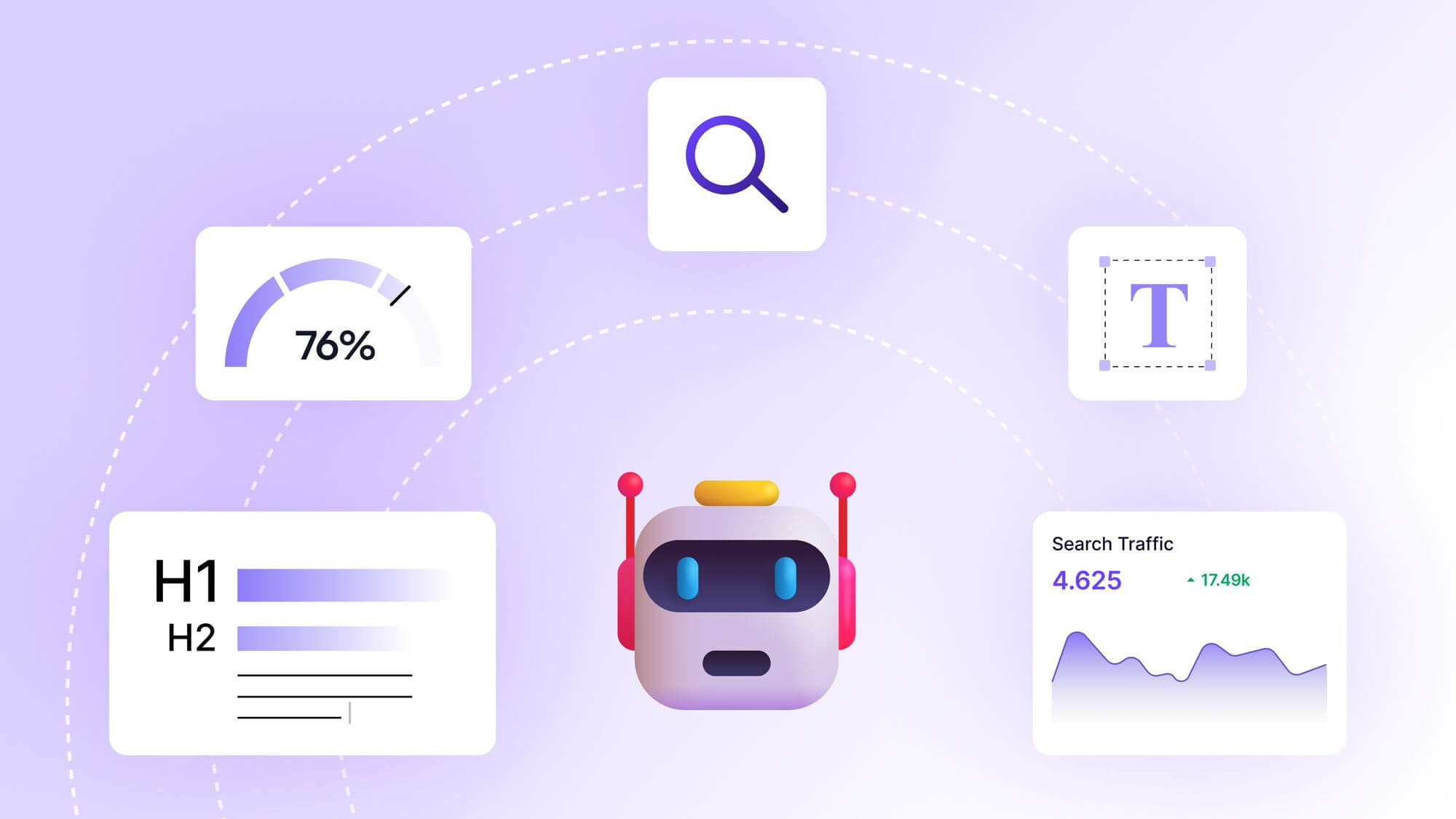
Backlink Checker Tools for High-Quality Link Building

If you’ve ever dipped your toes into the world of search engine optimization (SEO), you’ve probably heard the saying: backlinks are the backbone of rankings. It’s true. Backlinks act like votes of confidence for your website. When a reputable site links to you, search engines see that as a signal of trust and authority. But here’s the catch—building backlinks is not just about quantity. Quality matters even more. And that’s where backlink checker tools step into the spotlight.
Imagine trying to navigate a city without a map. You might eventually get where you want to go, but you’ll waste time, miss opportunities, and possibly head down the wrong path. The same applies to link building. Without the right tools, you risk building links that do nothing for your SEO—or worse, harm your rankings. I’ve seen small business owners pour energy into creating content, only to realize later that most of their backlinks came from low-quality directories or spammy blogs. A backlink checker tool would have saved them months of frustration.
In this post, we’ll explore the importance of backlink checker tools, how they help you build a strong link profile, and which tools are worth your attention. Whether you’re a blogger, marketer, or business owner, by the end you’ll know exactly how to use these tools to transform your link-building strategy.
Why Backlinks Still Matter in 2025
Despite the constant changes in Google’s algorithm, backlinks remain one of the strongest ranking signals. According to Search Engine Journal, links are part of Google’s top three ranking factors. When a trusted site mentions you, it tells search engines that your content is valuable enough to recommend.
But not all backlinks are created equal. A single link from a high-authority domain like Forbes or HubSpot can have more impact than dozens of links from obscure blogs. Search engines analyze not just the number of backlinks but their quality, relevance, and diversity. That’s why blindly chasing backlinks is dangerous—you could be wasting effort on links that have no real SEO value.
This is where backlink checker tools come into play. They act as your personal detective, analyzing your backlink profile and helping you spot opportunities, risks, and areas for growth.
What Exactly Are Backlink Checker Tools?
Backlink checker tools are SEO platforms that scan the web and collect data about which sites link to yours—or your competitors’. They tell you not only who’s linking to you but also the quality of those links, the anchor text used, and whether the links are “dofollow” or “nofollow.”
Think of them as x-ray machines for your website’s reputation. They allow you to:
-
Discover new backlinks as they happen
-
Identify toxic or spammy links that could hurt your rankings
-
Analyze competitor link-building strategies
-
Find authoritative websites for potential outreach
-
Monitor the growth and health of your backlink profile
A well-chosen backlink checker tool can save you countless hours of guesswork while guiding you toward high-quality link-building strategies.
The Best Backlink Checker Tools for High-Quality Link Building
There are dozens of tools on the market, but a handful consistently stand out for their accuracy, usability, and depth of data. Let’s look at some of the most effective ones.
Ahrefs
Ahrefs is one of the most popular SEO tools, and for good reason. Its backlink database is massive, second only to Google itself. With Ahrefs’ Site Explorer, you can see exactly who links to you, the authority of those sites, and how your link profile evolves over time. What I love most about Ahrefs is its competitor analysis. You can plug in a rival’s domain and instantly see where they’re getting their strongest backlinks. This opens doors for outreach opportunities and content strategies.
SEMrush
SEMrush is another powerhouse in the SEO world. Its backlink analytics tool gives a detailed breakdown of link sources, authority scores, and link toxicity levels. The tool even helps you build a disavow file, making it easier to clean up harmful backlinks. What makes SEMrush especially useful is how it integrates link data with other SEO insights like keyword research, site audits, and content analysis. For businesses wanting an all-in-one platform, it’s a solid choice.
Moz Link Explorer
Moz has long been respected in SEO circles, and its Link Explorer tool is particularly handy for beginners. While it may not have as large a database as Ahrefs, Moz is well-known for its proprietary metrics like Domain Authority (DA) and Page Authority (PA), which help you quickly gauge the quality of backlinks. It’s intuitive, simple to use, and a great starting point if you’re new to link building.
Majestic
Majestic specializes almost exclusively in backlinks. It offers unique metrics like Trust Flow and Citation Flow, giving you deeper insight into link quality. Majestic’s historical index also allows you to track link trends over years, which is especially useful if you’re analyzing competitors’ long-term strategies.
Google Search Console
While it’s not as advanced as paid tools, Google Search Console provides free, first-hand backlink data straight from Google itself. You can see which domains are linking to you and even export reports for further analysis. For small site owners, this is a must-use tool before investing in premium options.
How Backlink Checker Tools Help Build High-Quality Links
It’s one thing to know who links to you, but the real value lies in how you use that information. Backlink checker tools help you move from raw data to actionable strategies.
For example, imagine you’re running a travel blog. You notice that several authoritative sites are linking to one of your guides about budget travel. Using a tool like Ahrefs, you can identify similar websites in the travel niche and reach out to them with your content. This proactive outreach, guided by data, is far more effective than cold emailing random sites.
These tools also protect you from negative SEO. Believe it or not, some competitors might try to harm your rankings by pointing spammy backlinks to your site. A tool like SEMrush can detect such toxic links early, allowing you to disavow them before they cause damage.
Another crucial advantage is discovering “content gaps.” By analyzing competitor backlinks, you might realize they’re getting linked for a certain type of content you haven’t created yet. This opens the door for new blog posts, guides, or resources that naturally attract links.
Expert Insights on Link Building with Tools
SEO experts consistently stress the importance of balancing technology with human effort. Tools give you the map, but you still need to drive the car. For instance, Brian Dean of Backlinko often emphasizes the importance of creating content so good that people want to link to it. Backlink checker tools then become your amplifier, helping you find the right people and places to showcase that content.
Similarly, the team at Neil Patel’s blog highlights that link building should always prioritize relationships. Tools help you identify opportunities, but it’s the human connection—personalized outreach emails, genuine collaborations, and content partnerships—that transform data into high-quality backlinks.
Common Mistakes to Avoid When Using Backlink Checker Tools
One mistake beginners often make is obsessing over numbers. It’s easy to think that having 10,000 backlinks automatically means you’ll rank higher. In reality, a handful of links from reputable sites can outperform thousands of low-quality ones.
Another pitfall is ignoring anchor text distribution. Tools show you the anchor text used in backlinks. If too many of them use the exact same keyword, it can raise red flags with Google and appear manipulative. Natural variation is key.
Finally, don’t rely solely on tools. While they provide powerful insights, link building still requires creativity, networking, and persistence. Think of tools as assistants, not substitutes.
Frequently Asked Questions
What is the best free backlink checker tool?
Google Search Console is the best free option because it provides backlink data directly from Google. However, it’s limited compared to paid tools like Ahrefs or SEMrush. For beginners, pairing Search Console with a free trial of a premium tool is a smart strategy.
How often should I check my backlinks?
For small sites, checking once a month is usually enough. If you’re actively building links or working in a competitive niche, weekly checks help you stay on top of new opportunities and risks.
Can backlink checker tools detect bad or spammy links?
Yes. Tools like SEMrush and Ahrefs can flag potentially toxic backlinks based on domain quality, spam signals, and link patterns. However, it’s important to review flagged links manually before disavowing them.
Do more backlinks always mean better rankings?
Not necessarily. Quality always outweighs quantity. A single link from a trusted news outlet or educational site can be more powerful than dozens from low-authority blogs.
Can I see competitors’ backlinks with these tools?
Absolutely. Most backlink checker tools let you analyze any domain. This is one of the most effective ways to uncover link-building opportunities by learning from your competitors.
Conclusion: Turning Insights into Action
Backlink checker tools are more than just SEO gadgets. They’re your compass in the vast world of link building. They reveal where your website stands, where the risks lie, and where the best opportunities are hiding. But tools alone won’t get you to the top of Google. They need to be paired with great content, genuine relationships, and consistent effort.
If you’re just starting, begin with Google Search Console to get a feel for your backlink profile. As your site grows, invest in a tool like Ahrefs or SEMrush for deeper insights and competitive analysis. Use the data to reach out to authoritative sites, clean up toxic links, and fill content gaps in your niche.
The path to high-quality link building isn’t about chasing shortcuts. It’s about building trust, one link at a time. With the right tools and a thoughtful strategy, your website can climb the rankings, attract the right audience, and establish itself as a true authority in your space.





